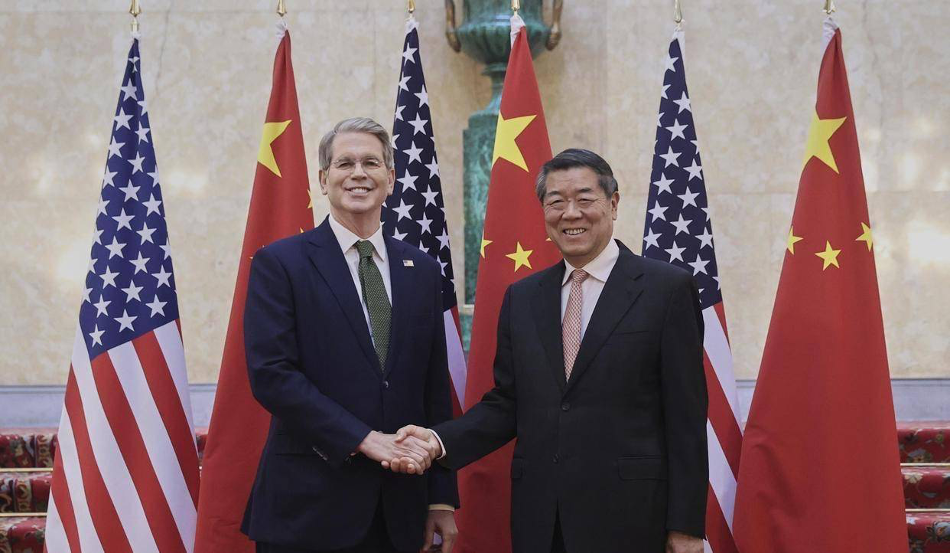YELTSIN CASTIGATES SECURITY OFFICERS.
YELTSIN CASTIGATES SECURITY OFFICERS.
President Boris Yeltsin yesterday summoned Interior Minister Anatoly Kulikov to the Kremlin and hauled him over the coals for media reports alleging that the Urals town of Leninsk-Kuznetsk, in the heart of Russia’s Kuzbass coal-mining region, has been taken over by a criminal gang. (NTV, September 22) Reports about the rule of terror established by the mayor of the town appeared in Izvestia on September 17, 18, and 19. Izvestia said the mayor, Gennady Konyakhin, was elected despite having three criminal convictions for theft and forgery and that the town is now run entirely by him and his criminal associates. The newspaper demanded to know why the procuracy, the police, the special services, and the president himself had done nothing to prevent Konyakhin’s rise to power.
Yeltsin fulminated yesterday against the government, in the persons of Kulikov and Federal Security Service chairman Nikolai Kovalev, and against his own presidential apparatus. "They neglected the issue. They should have informed us all in time, and then we would not have let this happen," Yeltsin complained. He said he had ordered Prosecutor-General Yury Skuratov, along with Kulikov and Kovalev, to conduct an immediate investigation into the situation. The president ordered them send a joint task force to the town immediately "not only to prevent the further criminalization of authority in that town, but also to look more deeply into other regions and see whether there have been similar occurrences with elections in other places." Yeltsin told the task force to come back with recommendations to prevent any recurrence of the Leninsk-Kuznetsk events. He said that electoral regulations should be revised to prevent "those suffering from schizophrenia" and people with criminal records from standing for public office. "There are several more such restrictions," he said without elaborating. (NTV, September 22)
Yeltsin’s call for legislative reform to prevent undesirable people being elected to government posts may well lead to a situation in which the president will try to reclaim the power that he enjoyed until last year to appoint regional governors, who, in turn, had the power to appoint leaders at lower levels. Yeltsin loyalists such as former Federation Council speaker Vladimir Shumeiko have long been arguing that the president should not have relinquished his power to dismiss wayward governors. If Yeltsin tries to reassert his power to sack regional leaders, it will be a step backward for the democratic process in Russia since all but one of the country’s provincial leaders have now been chosen democratically by their local electorates.
U.S.-Russian Talks: Mixed Results in Moscow…


